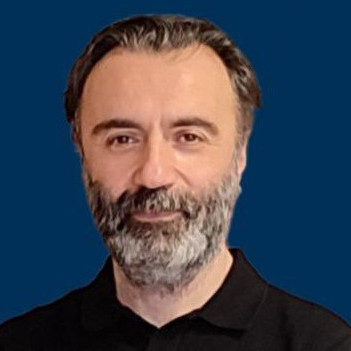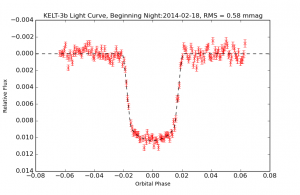Exoplanet science is one of the most “hot subjects” in the astronomy of our time. People need to learn how our planet system formed, how we come to exist here on our Earth, whether there are other habitable planets like ours out there orbiting their own Suns, and if we can go there to distant worlds. I believe the next scientific revolution will come from exoplanet science when we will finally be able to find some intelligent species somewhere out there in space and contact them.
With my group, we are trying to derive fundamental parameters of selected exoplanets based on their precise transit observations with the defocusing technique in the framework of an ongoing observational project (funded by The Research Council of Turkey, TUBITAK, in the general framework of 3001 reserach projects with the project number 16F350) with the 1 m Turkish telescope T100 in TUBITAK National Observatory (TUG) in Antalya. We are also looking for additional in selected exoplanet system with the Transit Timing Variations (TTV) method with T40 and T35 telescopes located in Ankara University Kreiken Observatory. This latter project was supported by Ankara University through the grant 13B4240006. I gratefully acknowledge their support.
We are also in the follow-up teams of Kilodegree Extremely Little Telescope (KELT) project and Kourovka Planet Survey (KPS) to confirm the planet candidates, detected by our partners. We helped the discoveries of two transiting planets so far: KELT-18b and KPS-1b.
Discerning the effects of magnetic activity, stellar pulsations and close-by binary systems in radial velocity observations to look for planets constituted the core my PhD thesis, which I defended successfully back in June 2012. I retain my interest in the field itself, and the fields related to it, e.g. Astroseismology.
I have been a part of a number of observational projects aimed at deriving fundamental properties of stars in eclipsing binary systems as the PI and a researcher with various telescopes in TUG and Ankara University Kreiken Observatory. My interest in eclipsing binary stars increased in parallel with that in exoplanets, which I believe, are only special cases of multibody systems, but crucially important ones in terms of our history and future…

